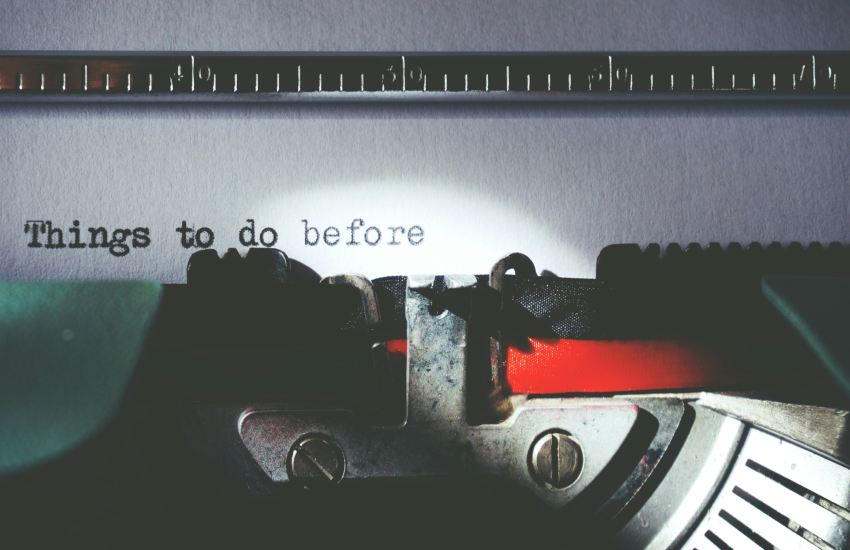Scoring Career Goals: Interview Tips for Student-Athletes

Student-athletes are uniquely prepared for the professional world, possessing valuable skills in discipline, teamwork, time management, and resilience. The key to a successful job interview is knowing how to translate these athletic achievements into a language that employers understand. Here are some tips on how to effectively communicate your value.
Key Takeaways for the Interview
- Identify Your Transferable Skills: Beyond the obvious skills like teamwork and resilience, remember that your experience as an athlete has also taught you leadership, goal setting, and a strong work ethic. You’ll have to learn to talk about your skills in a conversational way by leading with the skill itself. For example, instead of simply saying, “I played basketball in college,” say something like, “Competing as a college basketball player taught me how to communicate effectively under pressure and contribute to a team goal.”
- Use the STAR Method to Tell Your Story: The STAR method (Situation, Task, Action, Result) is a powerful way to structure your answers to behavioral questions. Prepare stories from your athletic career that align with the specific job description. For example, when interviewing for a leadership role, you might say, “When I was captain, our team was on a losing streak (Situation). My role was to boost morale and refocus the team (Task). I organized extra practices and worked with the coach to adjust our strategy (Action). We bounced back to win the conference championship (Result).”
- Demonstrate Adaptability and Resilience: As an athlete, you’ve learned to handle unpredictable situations like injuries or new plays. Use these experiences to showcase your ability to be flexible under pressure. For example, you might talk about recovering from an injury to show mental toughness and long-term goal setting.
- Highlight Communication and Leadership: On the field, you’re constantly communicating with teammates and coaches. These experiences have refined your ability to give and receive feedback, resolve conflicts, and communicate in high-pressure situations. If you were a team captain, you can quantify your impact by saying something like, “As captain, I led a team of 25 athletes and organized weekly strategy meetings, contributing to a 30% improvement in our win record.”
- Practice: Just as you prepared for games, you need to practice for your interviews. Set up mock interviews with a friend or mentor to rehearse your answers and refine your delivery. This will help ensure your responses are clear, concise, and impactful.
Your time as an athlete isn’t just about sports—it’s about the lessons you’ve learned, the challenges you’ve overcome, and the valuable skills you’ve developed. With the right approach, you can effectively showcase your unique qualifications and stand out from the competition.

